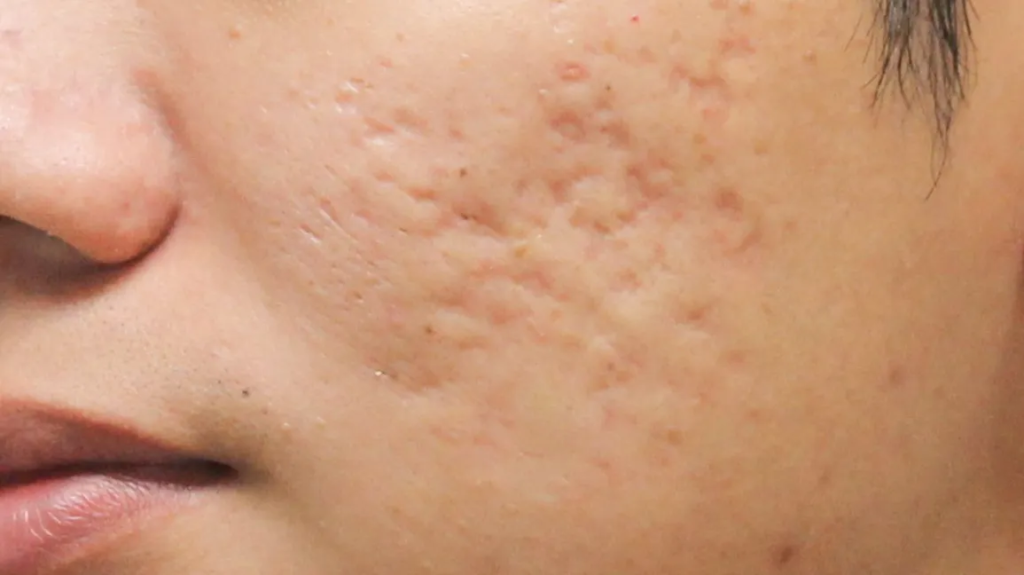Cosmetic surgery has become more accessible to people in the UK, as procedures continue to be refined and costs come down for smaller interventions.
Together with increased public approval of procedures and body cultivation, this has led to an overall increase in the number of procedures performed in the UK – from 10,000 per year in 2003 to 30,000 per year pre-pandemic.
But these procedures, just as with surgical interventions of any kind, are not without their risks.
This includes the risk of complications post-surgery. But what are some of the more common complications found in cosmetic surgery?
Scarring

Scarring might not necessarily be construed as a complication by many people, whether laypeople or professional healthcare professionals, owing to the near guarantee of scarring occurring as a result of any surgical procedure.
However, when cosmetic procedures are designed to achieve a specific aesthetic goal, scarring can sometimes be an undesired and even distressing outcome.
Typically, scarring is accounted for with specific surgeries, and even ‘sculpted’ in favor of better aesthetic outcomes.
Chest masculinization surgeries (colloquially known as ‘top surgery’ in trans communities) naturally create significant scarring where breast skin and tissue are removed; many private surgeons allow patients the opportunity to choose their preferred scar shape and location.
Of course, mistakes in surgery or unexpected complications can lead to additional or unexpected scarring – in this case, a complication.
Infection

A more serious type of complication to emerge from cosmetic procedures would be that of infection. Infection can occur as a result of actions taken during surgery, or improper hygienic practice before surgery or in aftercare.
One of the more common types of infection, at least cosmetic surgery, is cellulitis.
Cellulitis sees bacterial infection spread in the deeper subcutaneous layers of your skin, causing rashes, swelling, and redness. Antibiotics are required to treat cellulitis, and if untreated the infection can spread to the blood.
Nerve Damage

There are cases in which surgical intervention can cause nerve damage – a complication that is usually temporary.
However, where medical negligence has played a part in your surgical outcome, there could be the possibility of permanent nerve damage owing to surgical error.
Permanent nerve damage might impact sensation in the skin around the surgery site, leading to tingling or even pain that cannot be soothed by usual means.
Nerve damage can also cause involuntary twitching and sweating, depending on the system impacted.
Reactions to Anaesthesia
Lastly, and perhaps most dangerously of all, some patients run the risk of having an adverse reaction to general anesthetic upon administration.
An allergy to a particular drug in the anesthetic mix given could cause anaphylaxis, while sensitivities during surgery could increase the risk of pulmonary issues and even stroke.
There are stringent frameworks in place to minimize the likelihood of complications with anesthetics, and surgeries are overwhelmingly safe for managed unconsciousness. Still, though, negligent practice can increase the risk of this.

Jean Smith is a fitness enthusiast and blogger who focuses on fitness and a healthy lifestyle. She is passionate about assisting people in living healthier lifestyles and is constantly on the lookout for new and creative methods to stay fit and healthy. Her articles are excellent resources for anyone interested in improving their health and fitness.
